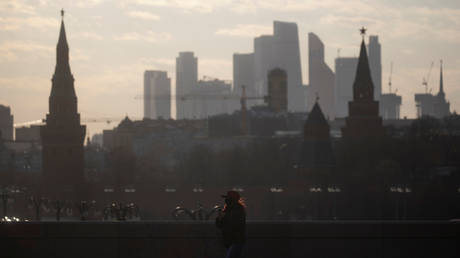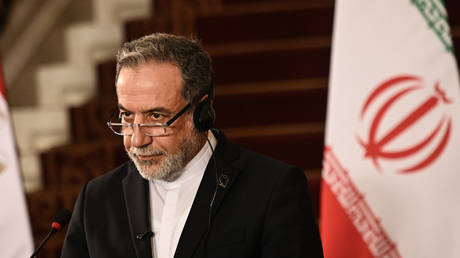
Russian diplomats called on their US counterparts to provide some actual evidence of allegations circulated by American media and officials that Moscow is waging a coronavirus-themed fake news campaign – but have received none.
The fail-proof ‘blame Russia’ approach persisting in the West in recent years remains baseless and without substance, Russian Foreign Ministry spokeswoman Maria Zakharova said on Thursday.
“We are curiously watching the attempts by several American media, as well as by some high-ranking officials to blame Russia for conducting a certain pandemic-related disinformation campaign against the US,” Zakharova said during a press briefing.
Several US news outlets have run stories on an alleged fear-mongering campaign – waged by pro-Kremlin media and fearsome social media bots, no less. In addition, conspiracy theories that the coronavirus might have been artificially created by the Russians circulated on social media – and the effort appeared to be coordinated by US government agencies, Zakharova stated.
All the accusations remain unsupported by evidence, even after persistent attempts by Russian diplomats to try and get some actual proof of the alleged evil-doing.
“We’ve reached out to the State Department, requesting to provide us with some factual evidence of such statements,” Zakharova stated.
The whole course of the coronavirus pandemic has been accompanied by allegations against Russia and – alternately – China and Iran of spreading lies and fear in the West. As if the deadly disease, which has already affected over 1.5 million people globally and killed more than 90,000, was not scary enough as it is.
One of the most high-profile anti-Russia pieces surfaced back in March, when a secret report by the European External Action Service (EEAS) – the bloc’s de facto foreign ministry – came to light. It blamed the Russian media for spreading “confusion and panic” in the West amid the epidemic.
Since the piece was produced by the EEAS’ propaganda branch – also known as the “strategic communications” division – it was composed almost entirely of ‘scary Russians’ tropes, but was notably lacking in facts. A detailed analysis of the report, conducted by British researchers – who are themselves no fans of the Russian media – showed that its claims did not have any basis.
Think your friends would be interested? Share this story!




